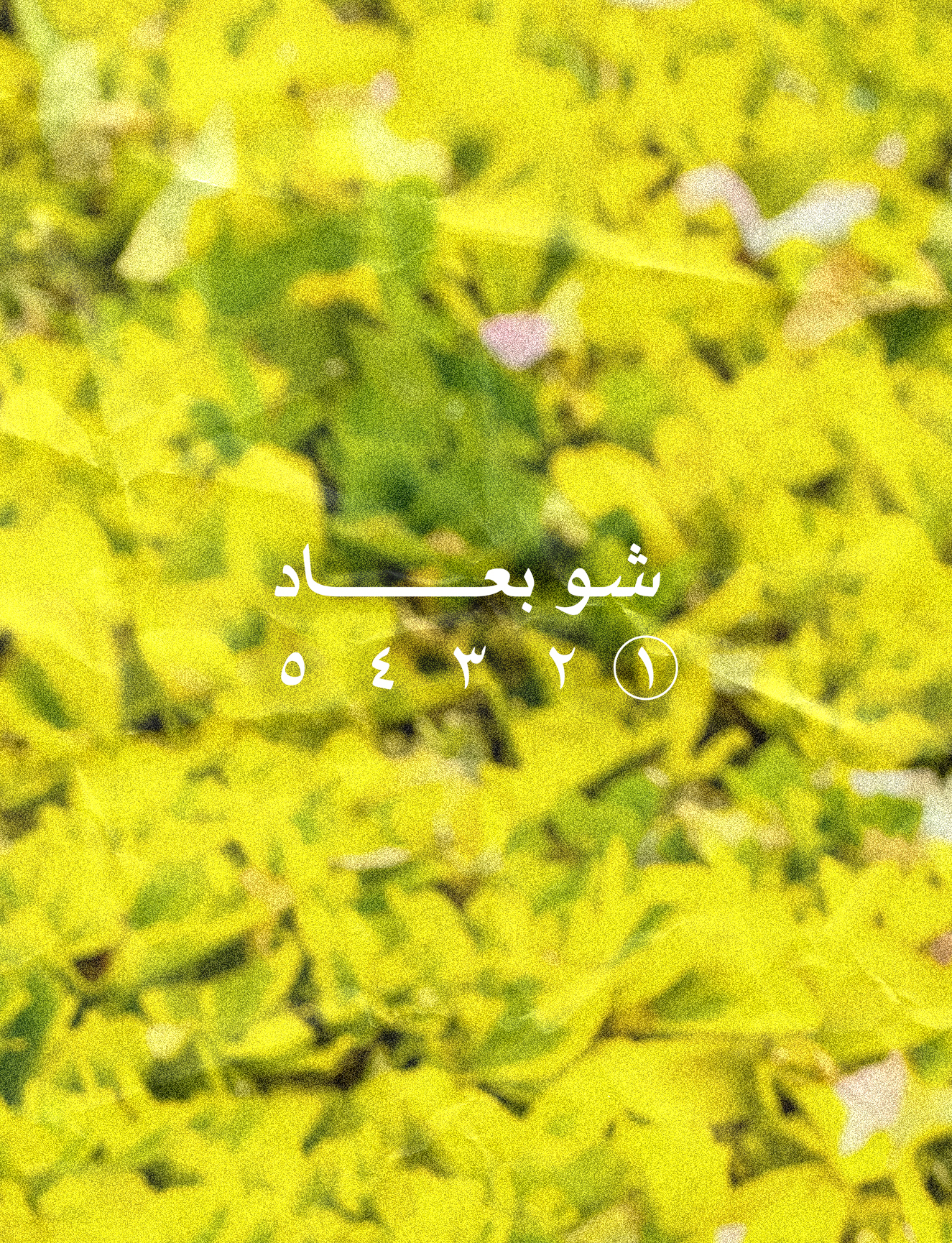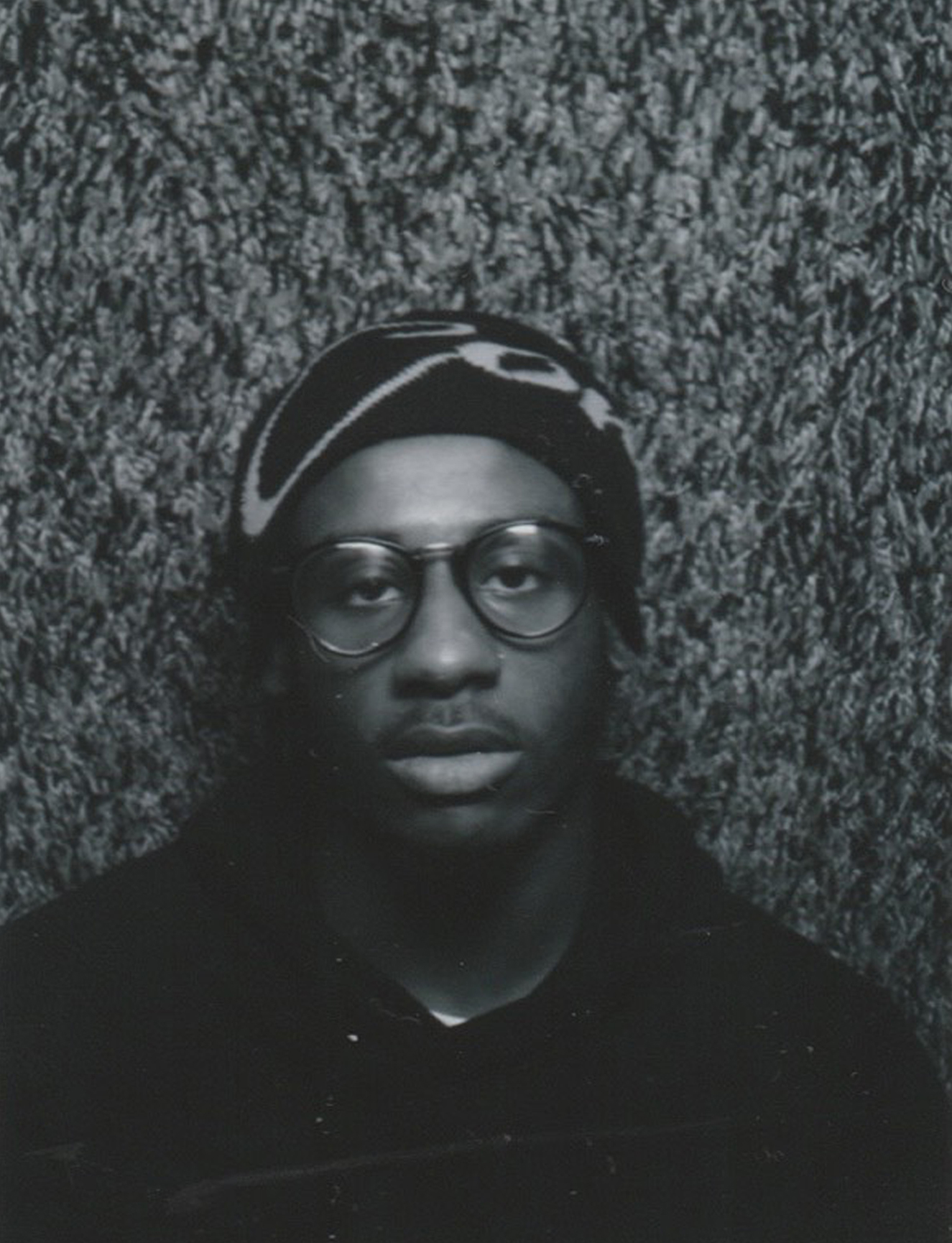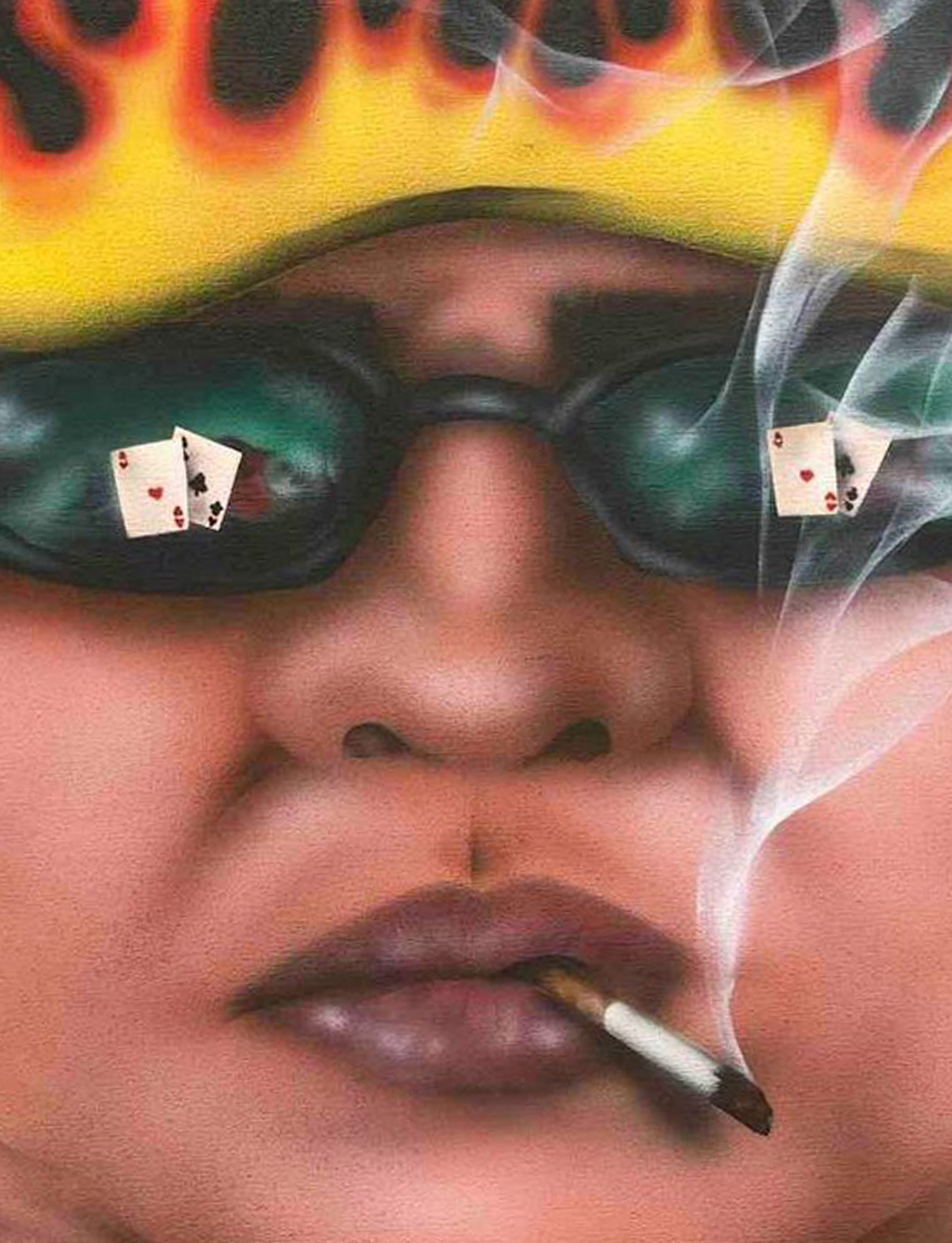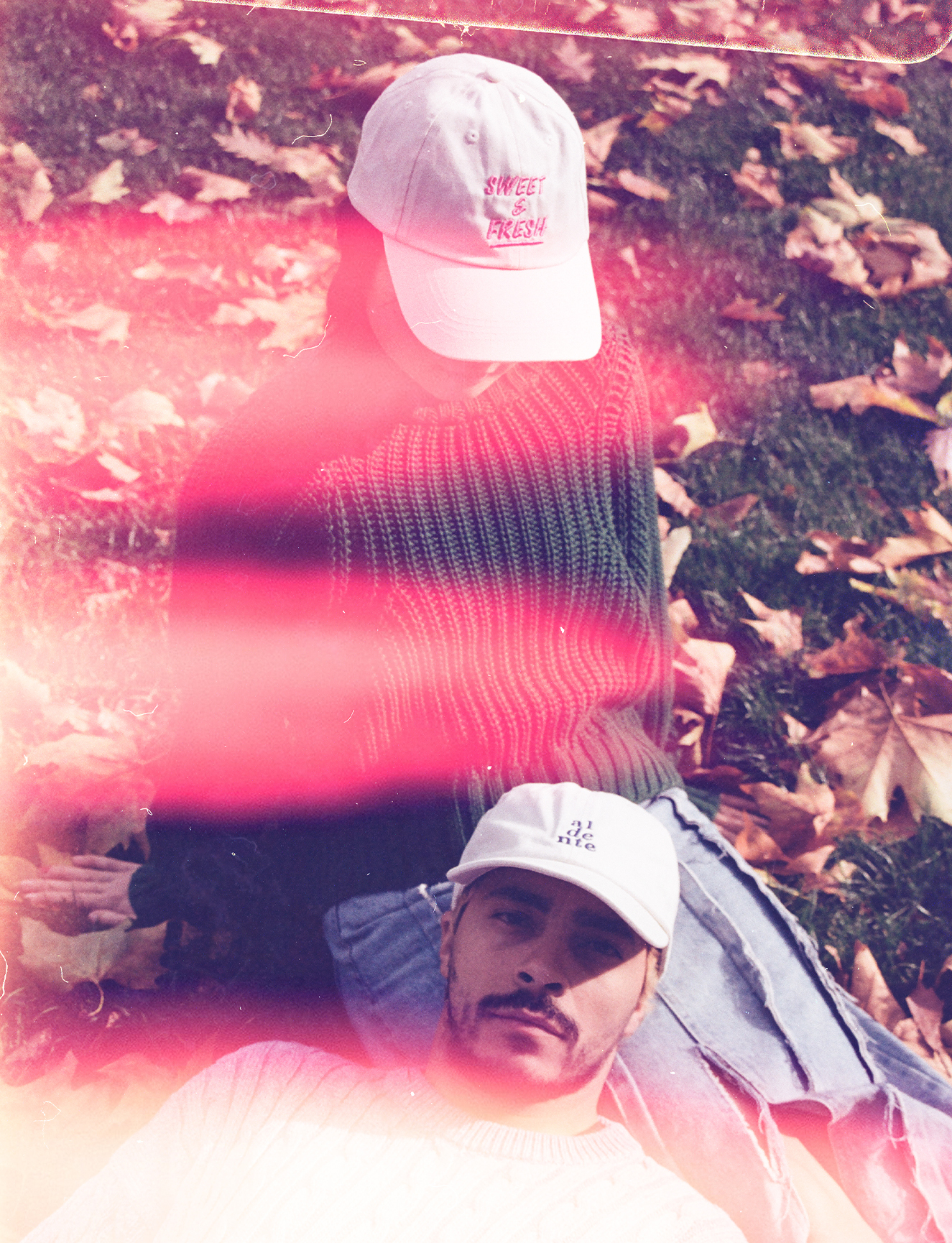FARAH FAYYAD
Farah Fayyad is a graphic designer and printmaker based between Beirut and Amsterdam. Shop Farah’s T-shirt here.
Where exactly in the SWANA region did you grow up? And how do you feel this place shaped your work and identity?
I grew up in Beirut, which is a tiny, condensed, multicultural, multilingual, and unpredictable city. I was surrounded by a lot of insanely beautiful and sometimes very strange Arabic typography, and was lucky enough to study calligraphy with a proper master (Mokhtar El-Baba, may he rest in peace). It is this mixture of context and access that shaped the way I think and work. Now, I am based between Beirut and Amsterdam.
What does the phrase “So Distant” mean to you?
Lebanon has pretty much always been, and will most likely always be, a very difficult place. There is constant political and social unrest, a level of injustice that is arguably absurd, as well as a state that abuses its people on a daily basis. An exodus has been happening for decades, with a sharp spike in the brain drain since 2019, and the idea of distance as a solution is very popular. However, a lot of us who have left come to learn with time that, as admittedly cheesy as it is, distance does make the heart grow fonder.
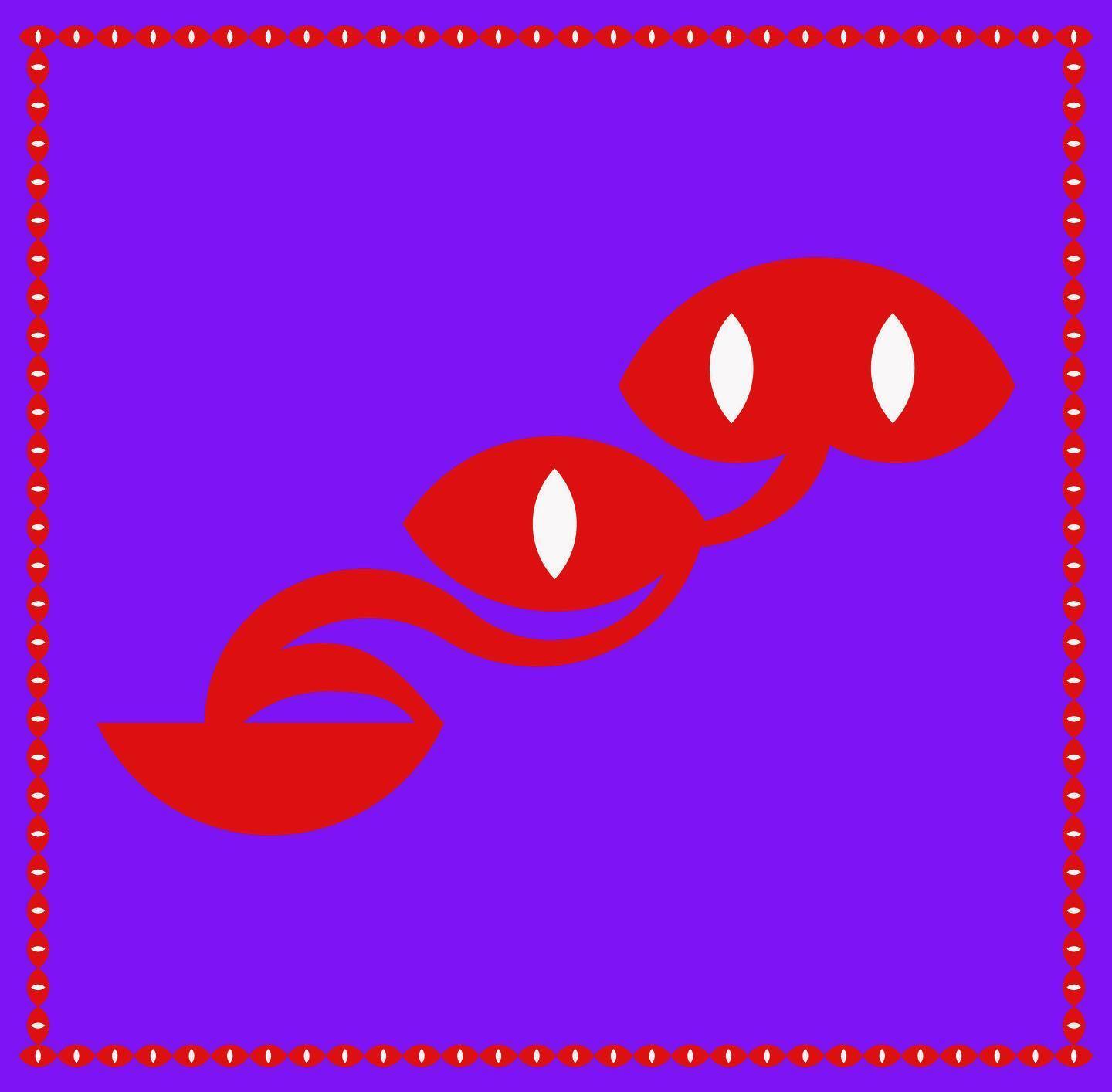
Distance does make the heart grow fonder
How did you approach visualising poetry?
Arabic letters are written connected, which means that each letter has at least four different forms it can take, depending on where it falls within a word. The letters also act on each other to produce exceptions and instances where beautiful connections and ligatures arise in certain letter combinations. When working with poetry, I try to experiment with tools and forms to produce specific shapes and connections that reference original script behaviour, while also resonating with the meaning of the text.
Do you think it’s important for designers and artists to be political?
I think there’s a lot of privilege and entitlement if one can simply choose not to be political. Anybody that comes from the regions we come from and works within a cultural space like we do can only be political.
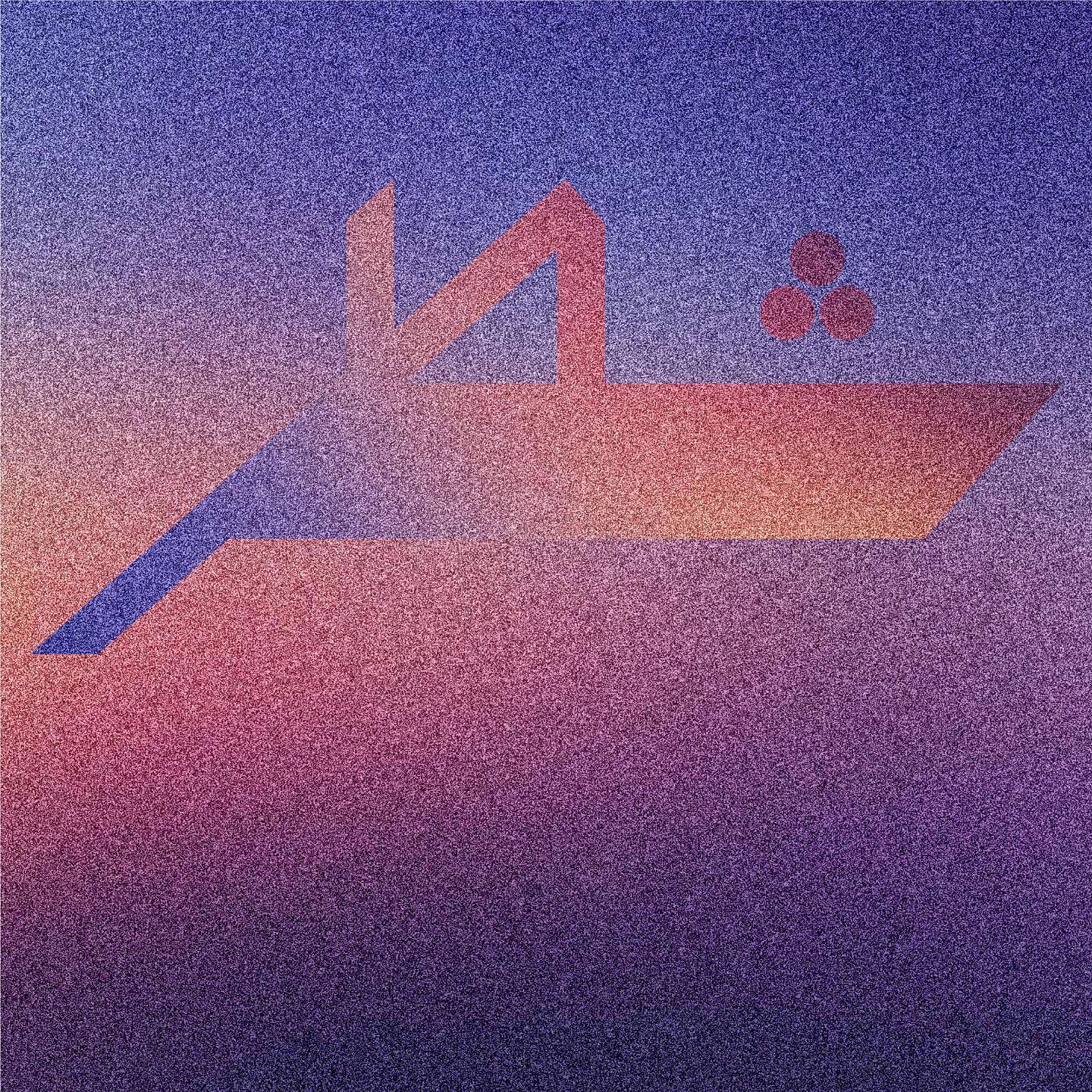
When do you feel most creatively satisfied?
I feel most creatively satisfied when I witness people living with or interacting with my work. When someone puts up one of my posters in their room; when I get great feedback from peers whose work I look up to; when I feel like I am actively contributing to the visual and cultural heritage of our region.
Ahmad Hammoud
Ahmad Hammoud is a Cairo-based independent graphic designer and creative director. Shop Ahmad’s T-shirt here.
Where exactly in the SWANA region did you grow up? And how do you feel this place shaped your work and identity?
I was born and raised in Cairo, Egypt, and I believe this city’s effect on a designer, or any resident for that matter, is inevitable, both on a visual and a conceptual level. I was heavily influenced by the day-to-day vernacular and pop-culture aesthetics, which included a lot of re-appropriation of western aesthetics, chaotic typographical treatments, and things that simultaneously don’t make sense, but still do… All this certainly affected the development of my personal style and approach towards any project.
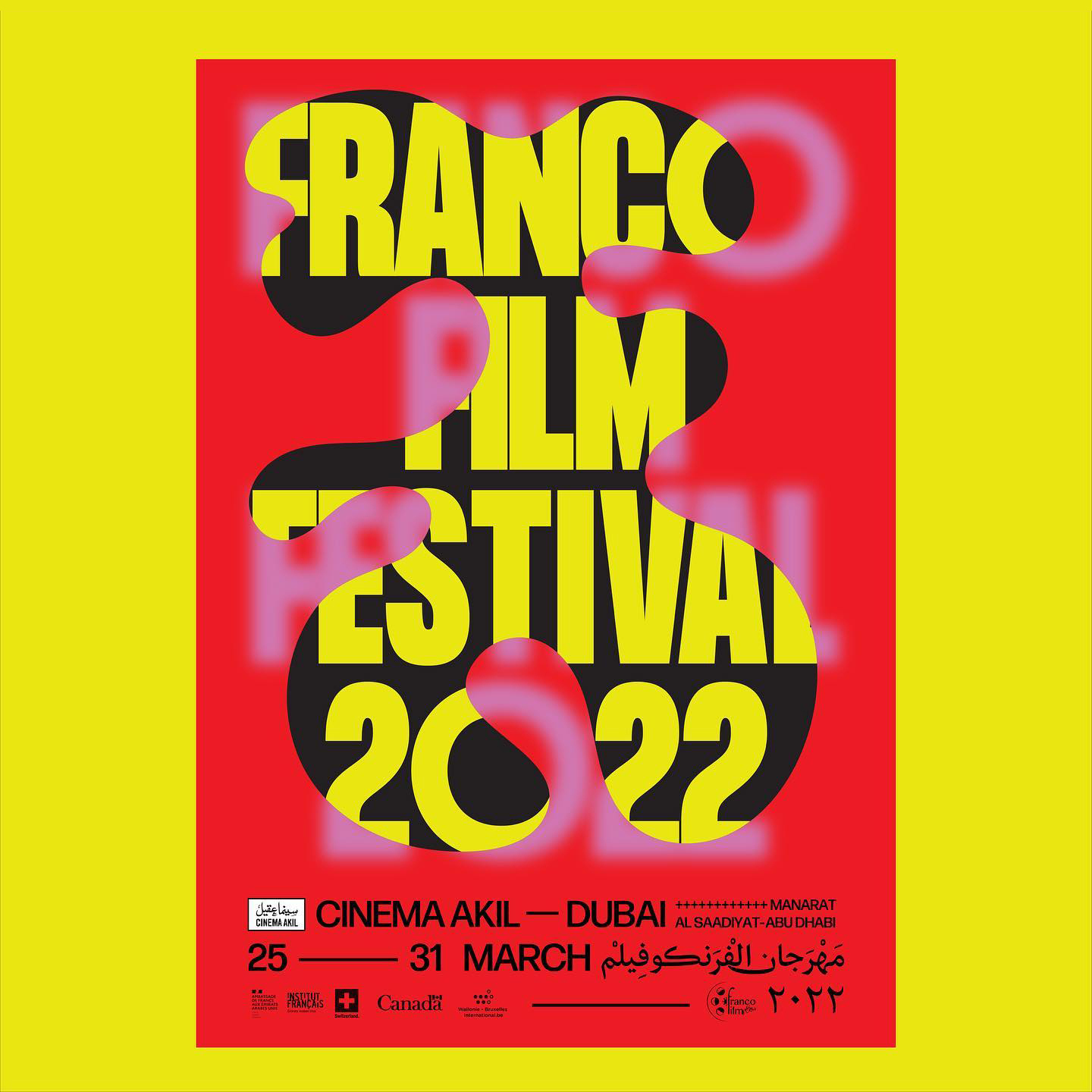
What does the phrase “So Distant” mean to you?
Although I live in Cairo, I can still say that I’m so distant from it. You kind of go into survival mode to create a safe or bubbled space to be able to operate, or else the city absorbs a lot of your energy, both physical and creative.
How did you approach visualising poetry?
For this project, it was about the words, and how I relate to them or interpret them. I feel my design was a proposed answer to the questions raised by the poem.
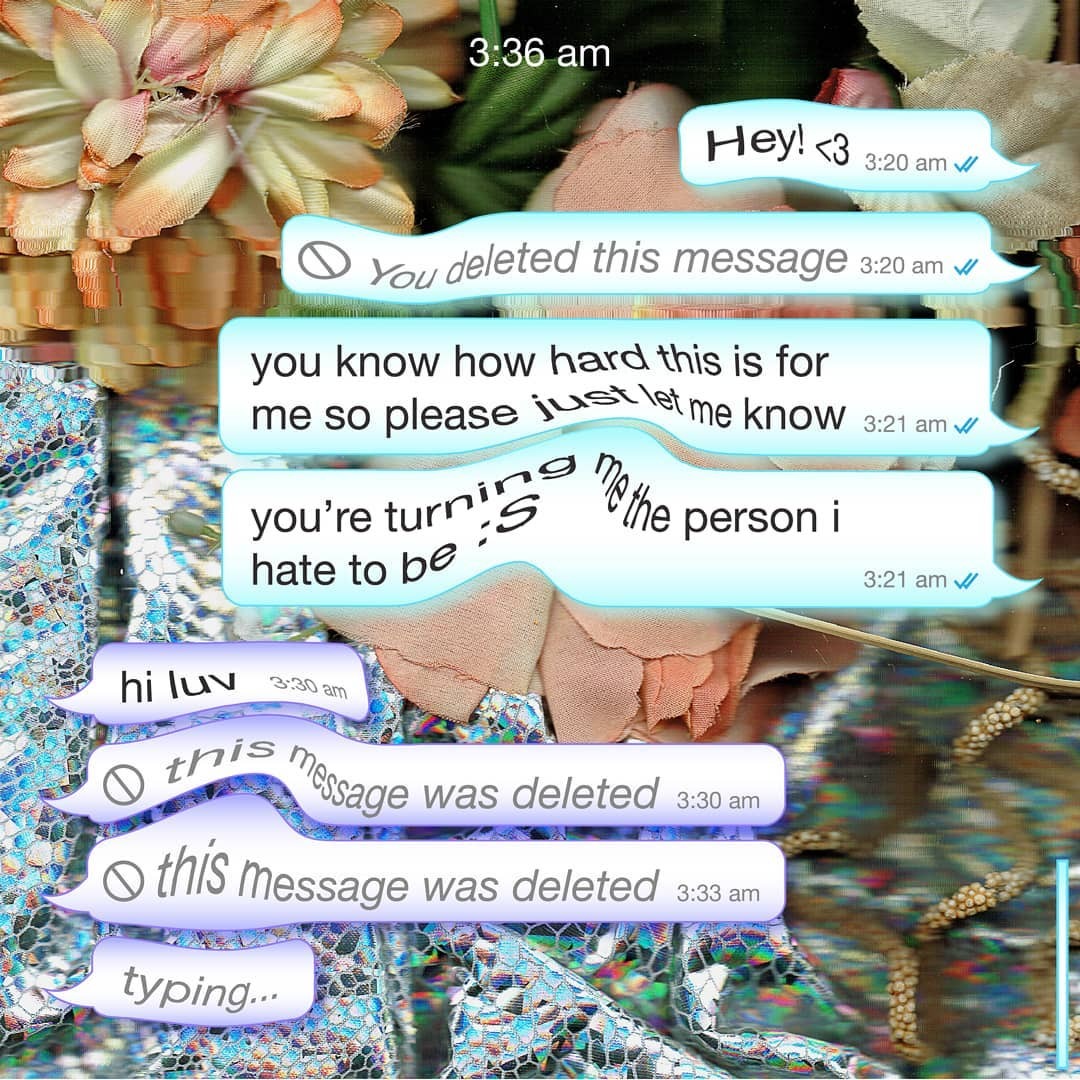
Art and design are inseparable from politics
Do you think it’s important for designers and artists to be political?
I think art and design are inseparable from politics: even abstaining from being political, is political.
When do you feel most creatively satisfied?
I actually don’t know. I’m always lost between feelings of personal validation towards my own design work, and between the validation I receive from the audiences who perceive my work.
Haitham Haddad
Haitham Haddad is an illustrator, visual artist, and graphic designer based between Palestine and New York. Shop Haitham’s T-shirt here.
Where exactly in the SWANA region did you grow up? And how do you feel this place shaped your work and identity?
I am from Palestine, where I was born and raised. I think saying this is enough to understand what we witnessed growing up and how daily life affected our identity, both in the creative and non-creative world.
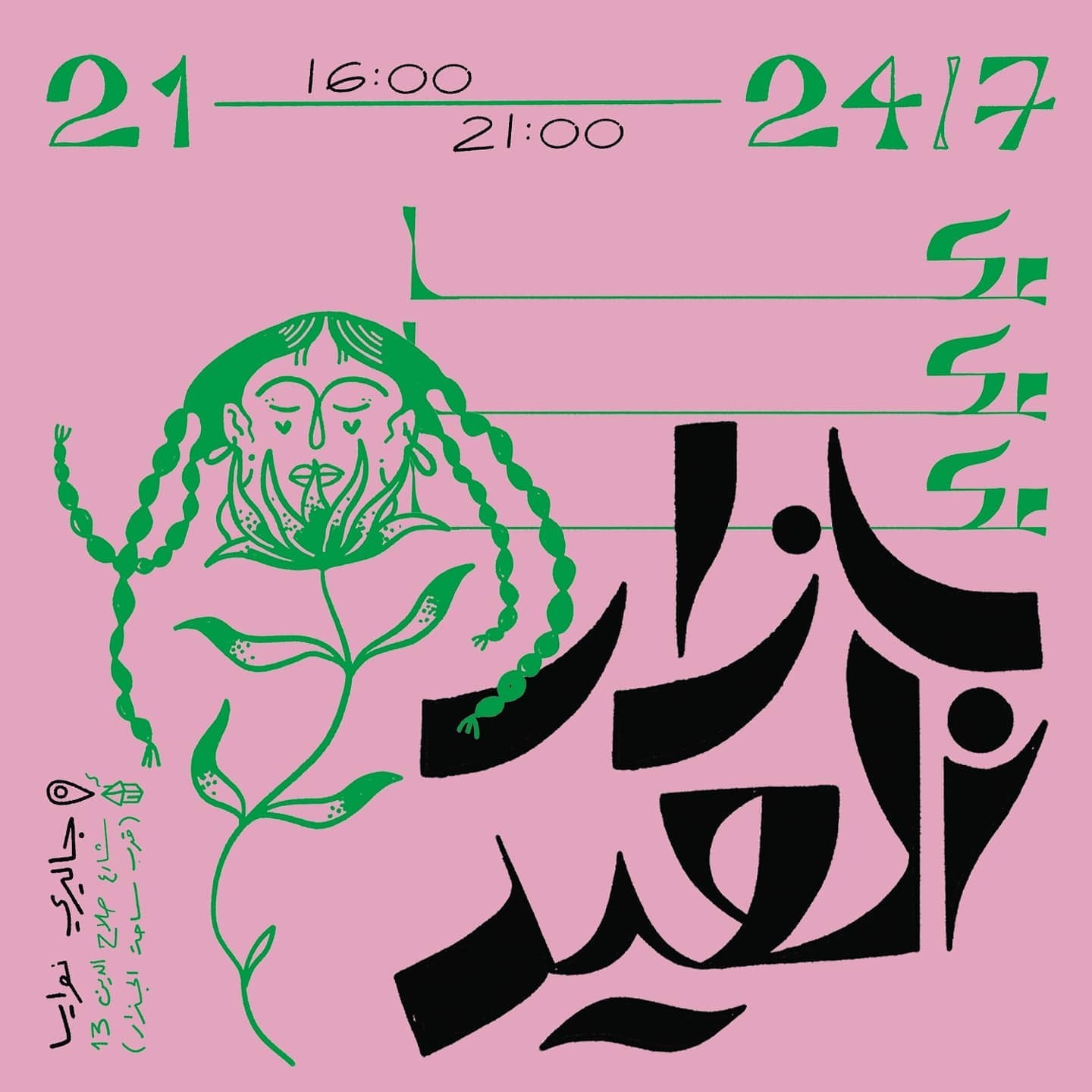
What does the phrase “So Distant” mean to you?
The entire poem was filled with amazing parts, but the title was very much a mirror of my feelings as a Palestinian, neighbouring Arab countries to which I have limited access. They are so close in distance, but politically some are almost impossible to reach. The entire group dynamic and purpose of the collection, for me, was another way of breaking these boundaries created by governments.
How did you approach visualising poetry?
I always attempt to go with the emotional approach. I draw first, without any fixed idea in mind, and slowly turn the lines, shapes, and doodles inspired by a tune, poem, or text into more figurative elements. It brings an element of subconscious into your creation.
I always attempt an emotional approach
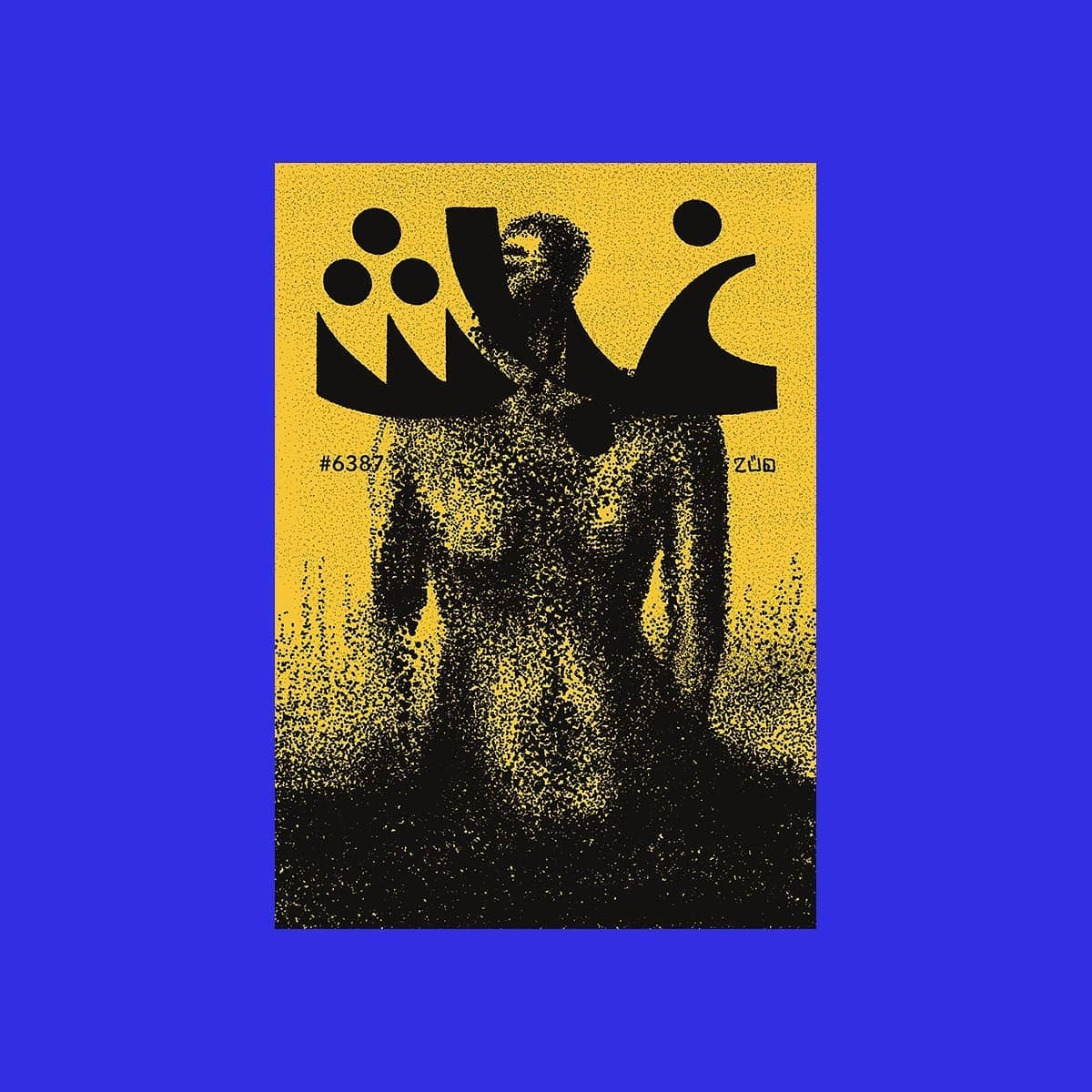
Do you think it’s important for designers and artists to be political?
Where I am from, sometimes being political is the only way to exist as a designer or artist. Even when we deal with daily design tasks that have nothing to do with current events, avoiding reality becomes a political act, or a specific colour palette becomes a statement. It is important to be loud in your view on political matters and use your platform to share ideas and opinions. But also it is important to remember to take breaks and draw pretty flowers every now and then.
When do you feel most creatively satisfied?
When I create for myself and not for a client. Over the years, I noticed being a graphic designer has a lot to do with marketing your aesthetics to others, and some of the time, that means working on projects you are not really into. When all limits are off though, there is something really freeing about the independent process of creation and creativity.
Walid Bouchouchi
Walid Bouchouchi is the founder of Akakir Studio, a visual arts and graphic design practice based between Marseille, Paris and Algiers. Shop Walid’s T-shirt here.
Where exactly in the SWANA region did you grow up? And how do you feel this place shaped your work and identity?
I was born and grew up in Algiers, Algeria. It’s a city which, because of its history, now sees several civilizations and cultures coexist. This has given me a diverse outlook, and an approach that tends towards celebrating difference.
What does the phrase “So Distant” mean to you?
For me, the distance referred to is a temporal distance more than a spatial one. When I think about my life, the points that are far away are moments in the past; I’m quite a nostalgic person generally.
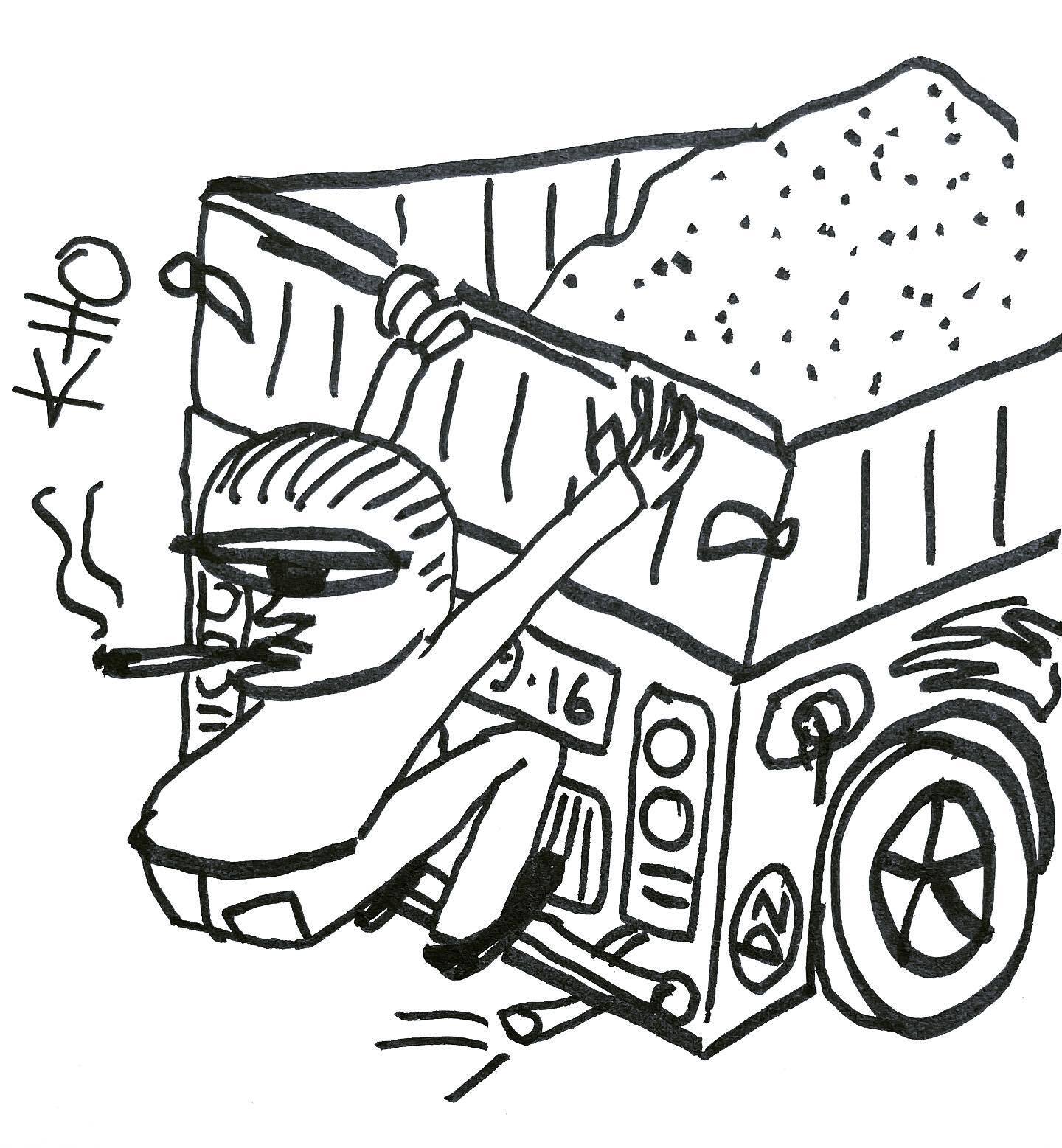
Algeria has given me a diverse outlook
How did you approach visualising poetry?
Typically in my creations the typographic aspect is central, so generally the language and the idea behind the writing is a foundational element of the design. In the specific case of my “Cries and Laughter” T-shirt, I started with the idea that these two emotional states – crying and laughter – are actually quite close to each other. That’s both in the sense that they come from strong emotion, and sometimes they can be closer than you think; you can be brought to tears through laughter. In Arabic, the two words are composed of three letters, so I wanted to capture the idea of confusion and resemblance in my design.
Do you think it’s important for designers and artists to be political?
I think that any creative process is political, because it involves making choices, being independent and taking a position.
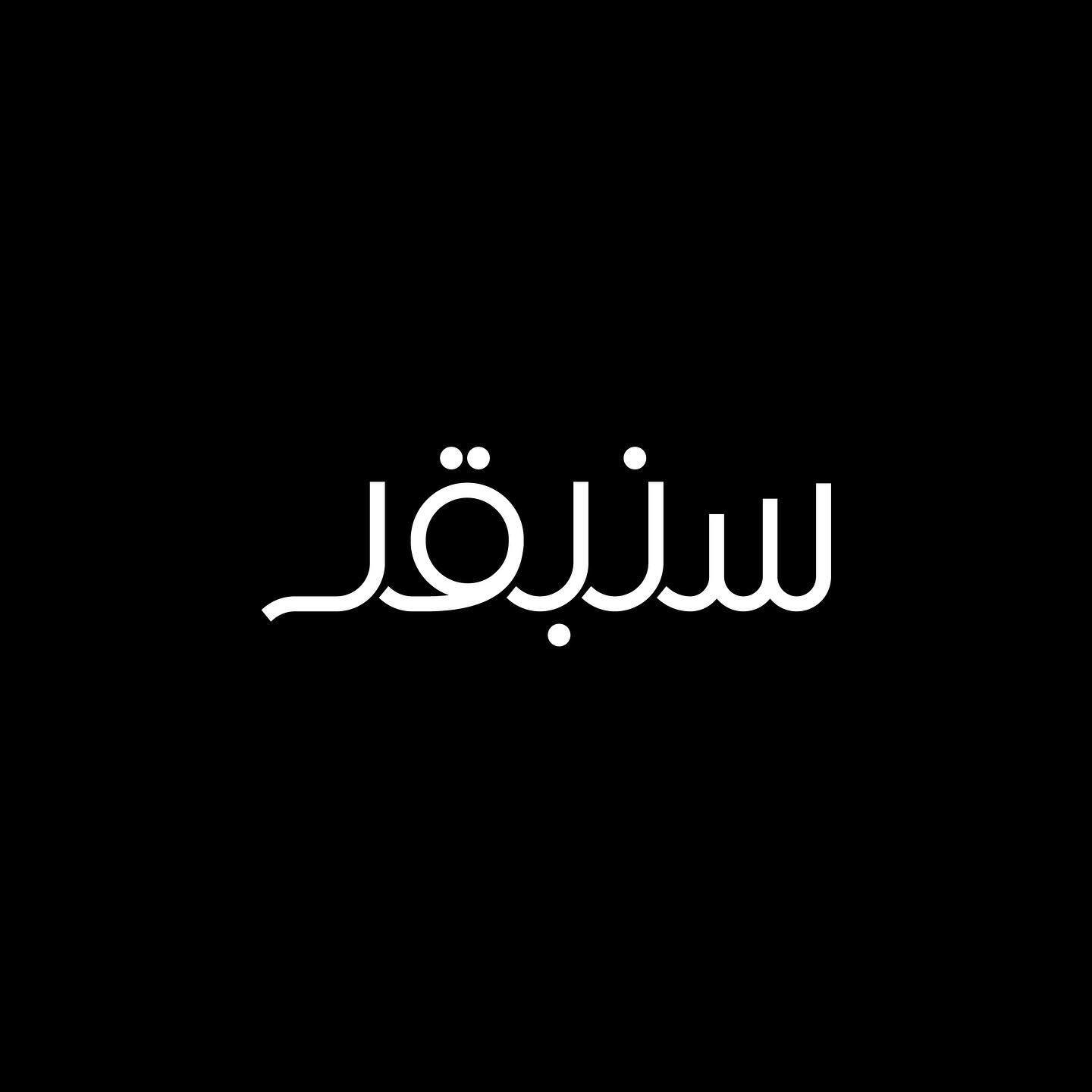
When do you feel most creatively satisfied?
When I’m happy with the result that I can bring.
Read More: Design Is Political For Marwan Kaabour



